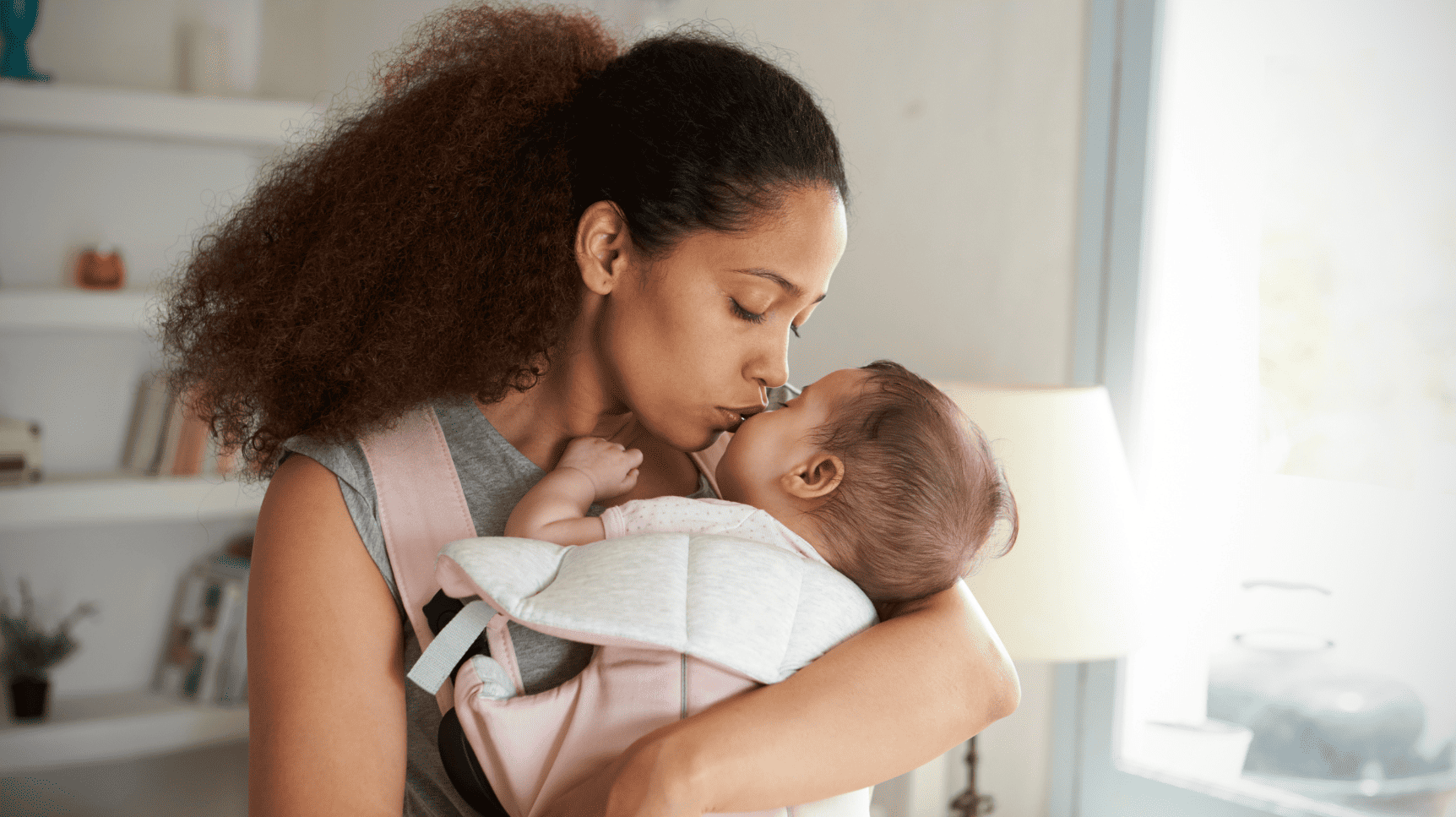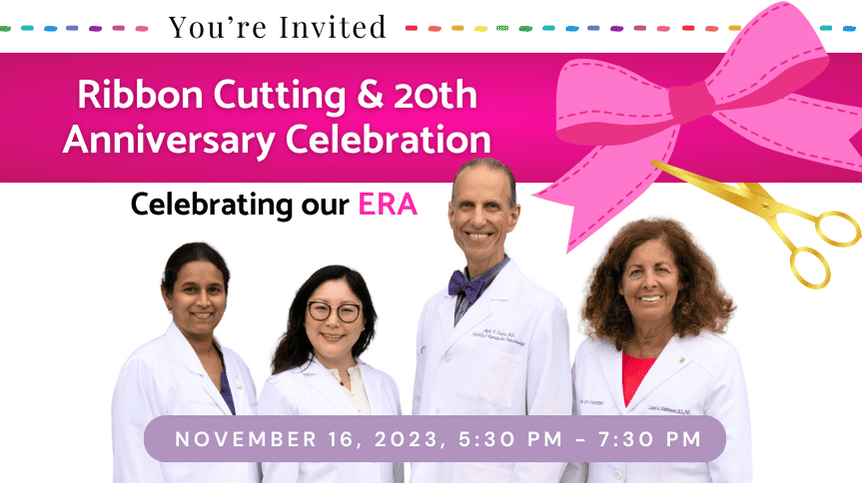 When should I begin taking prenatal vitamins?
When should I begin taking prenatal vitamins?- Do I have any activity restrictions?
- When is the best time to conceive during the menstrual cycle?
- When should I start trying to get pregnant after stopping birth control pills or removing an IUD?
- Are there any lifestyle habits that will harm my fertility or pregnancy?
- Am I getting too old to have a baby?
- Should I conceive during the coronavirus pandemic?
- Should I obtain genetic carrier testing before trying to conceive?
When a woman decides to have a baby, nothing is more important. Planning ahead by talking with your doctor means you will have the best chance for an optimal pregnancy outcome.
Read on for some of the most important things to ask your doctor if you’re thinking about getting pregnant.
When Should I Begin Taking Prenatal Vitamins?
You might be surprised to learn that you should be taking prenatal vitamins even before you get pregnant!
The simplest and most clinically-recommended activity you can undertake during pregnancy is to supplement your diet with folic acid. The American College of Obstetricians and Gynecologists (ACOG) recommends 0.4mg of folic acid daily starting one month prior to conception attempts and throughout the pregnancy.
Folic acid has been shown to reduce the risk of major birth defects of the fetal brain and spine called Neural Tube Defects.
You can get these, and other important vitamins through the daily consumption of a good, clinically-recommended prenatal vitamin.
Do I Have Any Activity Restrictions?
As long as you are healthy, mild to moderate exercise is strongly recommended to improve fertility, followed by the health of mom and of the pregnancy.
The American Heart Association (AHA) advises:
- At least 150 minutes per week of moderate exercise
- Or 75 minutes per week of vigorous exercise
- Or a combination of moderate and vigorous activity thirty minutes a day, five times a week.
During pregnancy, the Centers for Disease Control and Prevention (CDC) recommends women maintain this same degree of exercise as long as there is no medical contraindication.
When Is the Best Time to Conceive During the Menstrual Cycle?
It’s well established that the more a couple has intercourse BEFORE ovulation, the higher the chance for conception. This process allows more sperm into the female reproductive tract in preparation for when ovulation occurs.
Ovulation happens one or two days following detection by an ovulation predictor kit (OPK).We advise couples to have sexual relations every day or every other day over the six days before and up to the day of ovulation while using an OPK – at a minimum the day before, the day of and the day after a positive OPK.
When Should I Start Trying to Get Pregnant After Stopping Birth Control Pills or an IUD?
Contrary to popular belief, neither the birth control pill (BCP) an intrauterine device (IUD) or other contraceptive methods (with the exception of Depo-Provera) have long lasting detrimental effects on fertility. Once discontinued, the woman can simply await one normal menstrual cycle to ensure resumption of regular ovulation and begin their attempts at conception.
In almost all women, menses and fertility should return to normal within 90-days of stopping BCPs.
Are There Any Lifestyle Habits That Will Harm My Fertility or Pregnancy?
There are three things that will harm both your ability to conceive and the health of your pregnancy: Tobacco, body weight, and alcohol.
- Tobacco: The Centers for Disease Control (CDC) reports multiple studies have proven the link between tobacco and the risk of miscarriage, ectopic pregnancy (a life-threatening condition where the pregnancy implants outside the uterine cavity, usually in the fallopian tube), and genetic alterations of the sperm. The March of Dimes sharesthat during pregnancy, tobacco use increases the risk of low fetal birth weight and birth defects. Electronic Cigarettes (E-Cigarettes) are also not safe for you or your pregnancy.
- Body weight: Extremes of body weight, where the woman has either a low or elevated body mass index (BMI) can result in ovulation disorders and infertility. During pregnancy, low BMI increases the risk of fetal malnutrition whereas an elevated BMI can result in miscarriage, maternal hypertension, diabetes, preterm birth, birth defects, and still birth.
Alcohol: Any alcohol use by the woman can reduce fertility and, during pregnancy, increase the risk of fetal alcohol syndrome (FAS) resulting in fetal mental retardation. However, the exact amount of alcohol intake needed to result in FAS has yet to be determined. Any alcohol you consume will pass through your bloodstream and into the baby through the umbilical cord. The CDC says, “There is no known safe amount of alcohol during pregnancy or when trying to get pregnant. There is also no safe time to drink during pregnancy.”
Am I Getting Too Old to Have a Baby?
 Every individual is different, as is your ability to get pregnant at certain times in your life. The road to pregnancy may be more difficult after a certain age, but other people may conceive fairly easily. There are many factors to consider.
Every individual is different, as is your ability to get pregnant at certain times in your life. The road to pregnancy may be more difficult after a certain age, but other people may conceive fairly easily. There are many factors to consider.
Interestingly, women are born with their total endowment of eggs totaling, on average, one to two million, however men begin and continue to produce sperm following puberty.
A woman’s peak fertility is up to age 30 with a slow but steady decline thereafter. At age 30 and under, a woman’s monthly natural pregnancy rate is about 20%, declining to less than 10% at age 40. Further, the chance of miscarriage increases as the woman ages due to chromosomal abnormalities of the egg and embryo.
In the same token, men are not spared this biological clock. Multiple studies have now shown a man’s sperm production declines with age and fertility appears to wane after age 40 resulting in higher rates of infertility, miscarriage, preterm delivery, and offspring with birth defects, autism and schizophrenia.
Should I Conceive during the coronavirus pandemic?
During the unprecedented pandemic of the coronavirus, we are still learning about potential effects during pregnancy. Currently, pregnant women are not considered more susceptible to infection compared with nonpregnant women. However, a CDC study suggests pregnant women who are diagnosed with COVID-19 have a higher risk of hospitalization, ICU admission and the need for a ventilator but no higher mortality rate compared to nonpregnant women.
So, the decision to proceed with a pregnancy during these uncertain times is based on your individual situation. Women with medical problems such as diabetes, sickle cell, a compromised immune system as well as obesity have a higher risk of complications if they become infected with COVID-19.
Should I Obtain Genetic Carrier Testing Before Trying to Conceive?
While there is some controversy over genetic testing, ACOG recommends providing all women information on genetic carrier screening before the pregnancy. If the woman is found to be a carrier of a particular disease, the partner should be tested because if both are carriers of the same disease then the baby has a 25% chance of inheriting the full disease and a 50% chance of being a carrier. More than 200 diseases can be tested in today’s commercial labs.






